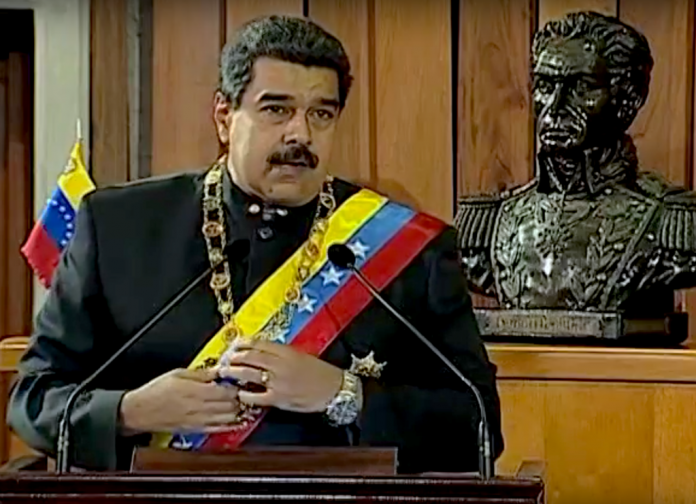The Russian economy hinges on the fate of Venezuela. If Nicola Maduro loses power, Russia’s huge loans to Caracas could be lost and Venezuelan oil reserves could bring down the price of oil.
Maduro is backed by Moscow and his departure from power would also be a loss for Russia, in more ways than one.
As reported by Deutsche Welle (DW), Germany’s international broadcaster, Russia’s most immediate worry is the oil giant Rosneft, which is majority-owned by the Russian state. In 2017, it was reported that Rosneft effectively granted a €5.26bn loan to Venezuela. The Venezuelan side was expected to repay it by giving Rosneft stakes in five major projects with their own energy company, Petroleos de Venezuela SA. The rest of the debt would be covered by oil deliveries.
As of late 2018, Rosneft owned between 25% and 40% of the five ventures but deliveries had been delayed, prompting Rosneft CEO Igor Sechin to travel to Caracas in November. However, taking into account that the deal is set to expire in 2019, it is safe to assume that Rosneft has already retrieved most of its money.
It also appears unlikely that a new government would expropriate funds provided by foreign investors – as long as these stakes were obtained legally, without corruption. In other words, any traders rushing to get rid of Rosneft stocks at the Moscow stock market this week may have acted prematurely, reported DW.
The situation appears to be more complicated when it comes to loans that Russia approved to Venezuela for buying Russian arms. According to Russian media, Moscow has transferred some $11bn to Caracas for this purpose in the last two decades. It is not clear how much of that sum has been repaid. However, there are reports that Moscow is restructuring Venezuela’s debts under favourable conditions.
According to DW, Russia stands to lose about €11bn if there is regime change in Venezuela. But this sum pales in comparison to the possible impact of Venezuela’s enormous oil reserves on global markets.
A new government could install more capable leaders in the oil sector, who could in turn revive Venezuela’s oil industry and exports.

